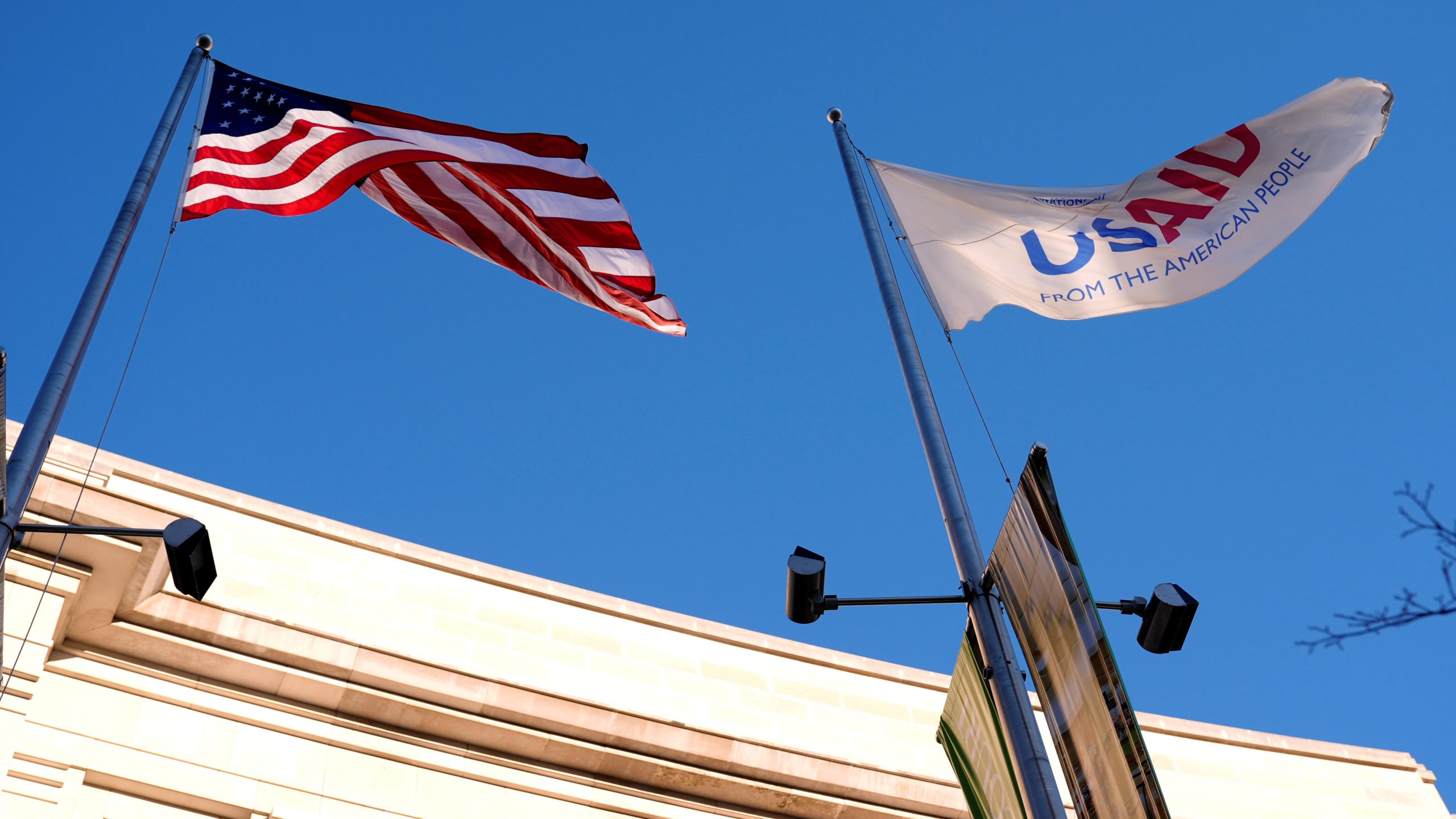What is USAID?
The recent call by billionaire Elon Musk to abolish the United States Agency for International Development (USAID) has ignited a heated debate about the future of US foreign aid. Following a freeze on USAID funding imposed by President Donald Trump, numerous internal contractors were placed on unpaid leave. Musk, appointed to lead the Department of Government Efficiency (DOGE), labelled USAID a criminal organisation and stated it should be shut down. This has raised questions about the agency’s role and effectiveness in global aid.
What is USAID?
- USAID is the primary US agency responsible for administering foreign aid.
- Established in 1961 under President John F. Kennedy, it aimed to streamline US assistance efforts.
- The agency focuses on disaster recovery, poverty alleviation, and promoting democratic reforms.
- Historically, USAID has been very important in US foreign policy, particularly during the Cold War, where it supported various nations in their development efforts.
Funding and Aid Distribution
- In fiscal year 2023, USAID disbursed $72 billion in global assistance.
- This included funding for health initiatives, clean water access, and energy security.
- Ukraine emerged as the largest recipient, receiving $14.4 billion, followed by Jordan, Yemen, and Afghanistan.
- USAID accounts for 42% of all humanitarian aid tracked by the United Nations.
- The agency employs over 10,000 staff members dedicated to international development.
Criticism and Controversies
- USAID has faced criticism for its foreign policy alignment and operational inefficiencies.
- It was accused of covertly supporting anti-government movements, such as the controversial Cuban Twitter project.
- Additionally, the agency has been scrutinised for its funding practices, with audits revealing issues with indirect cost management.
- Critics argue that USAID’s actions sometimes contradict its stated mission of promoting democracy and development.
Global Implications of USAID’s Potential Closure
The potential closure of USAID raises concerns about the geopolitical landscape. As the US reduces its foreign aid, adversaries like China are expanding their influence in regions previously supported by American assistance. This shift could create a power vacuum, allowing rival nations to strengthen their foothold in strategic areas, particularly in Eastern Europe and Africa.
Month: Current Affairs - February, 2025
Category: International / World Current Affairs







